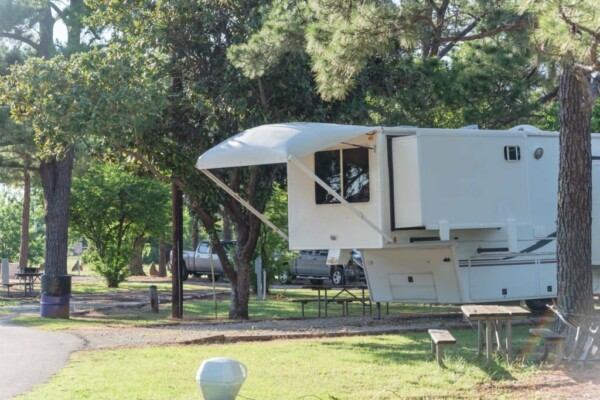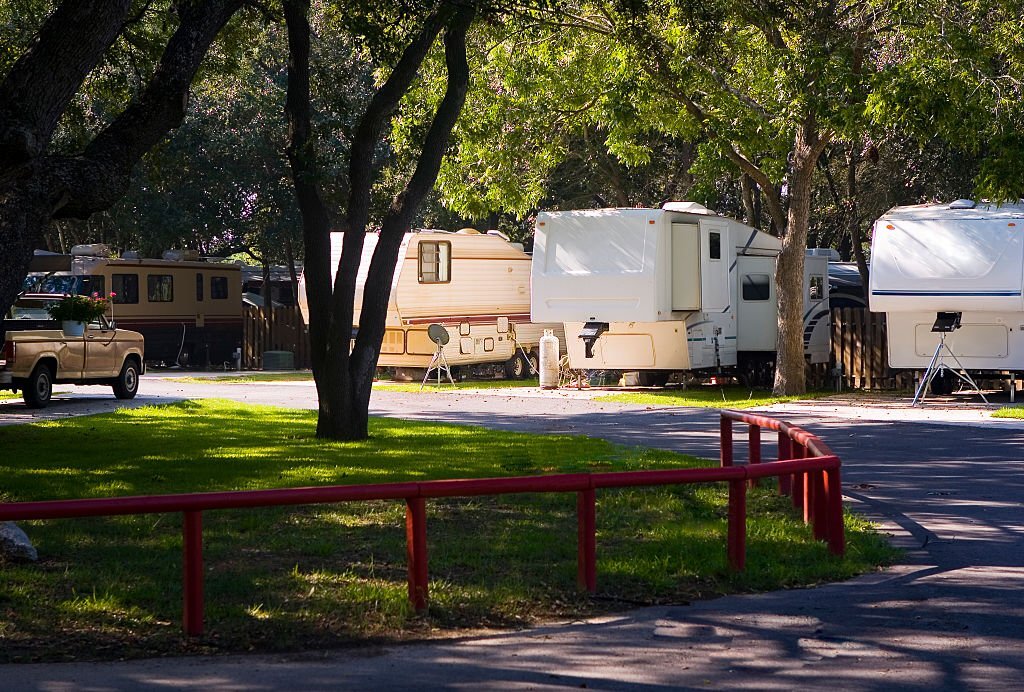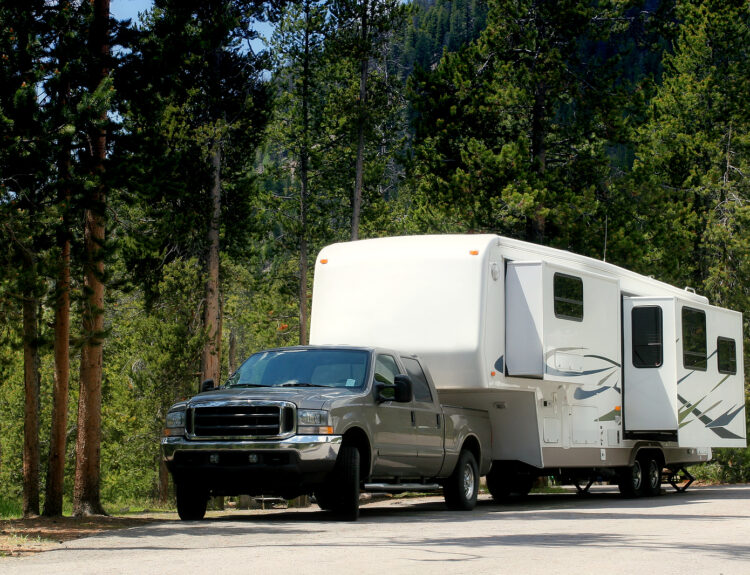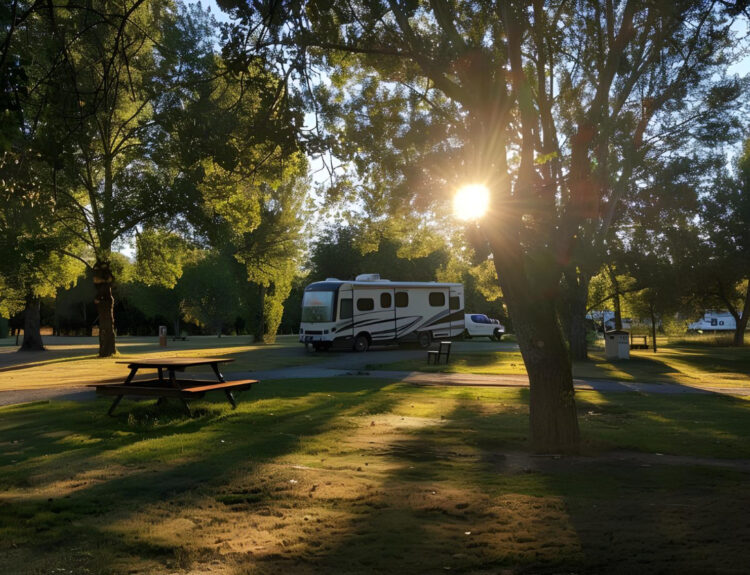Buying a campground or an RV park can be a great way to start your own business and enjoy the outdoors. The RV park industry is growing, as more people are choosing RVing as their preferred travel option. According to the RV Industry Association, RV shipments reached a record 493,268 units in 2022, the third best year on record.
The demand for RVs is expected to continue to grow.
But how can you buy a campground or an RV park if you don’t have enough money for a down payment? Is it possible to buy a campground with no money down? The answer is yes, it is possible. Through insights into industry trends, innovative financing methods, and practical business strategies, you’ll discover that the dream of owning an RV park is actually accessible.
Whether you’re an aspiring entrepreneur with a passion for the great outdoors or a seasoned investor looking for creative financing options, this article will unravel the intricacies of securing an RV park without the immediate financial burden.
How to Buy a Campground with No Money: The Key Steps
Entering the RV park and campground industry without a significant upfront capital investment may sound like a lofty ambition, but with the right strategies and resources, it’s entirely feasible. Here’s a roadmap to guide you through the process:
Finding Motivated Sellers
Before you can purchase with little to no money down, you first need to find opportunities. This means locating sellers who are motivated—those looking for a quick sale or open to creative financing options.
You can find opportunities in the RV park industry by networking with local agents, brokers, and park owners who have experience and knowledge in this niche. You can also attend events and conferences where you can meet potential sellers or partners. If you have a specific property in mind, contact park owners directly.
Networking directly with people in the industry can give you several benefits. You can discover off-market deals that are not widely advertised, giving you less competition and more bargaining power. You can also build trust and learn about the seller’s motivation and situation, which can help you negotiate better terms and prices.
Creative Financing Methods
Lacking the capital for a traditional down payment doesn’t mean the door to owning a campground is closed. Many alternative financing routes can help bridge the gap.
Seller Financing
This is where the owner of the property agrees to finance the sale themselves. Instead of obtaining a mortgage from a bank, you’d make payments directly to the seller. This arrangement requires a legally binding promissory note detailing the interest rate, repayment schedule, and consequences of default.
A quite popular, specific type of seller financing is known as a contract for deed or land contract. In this case, the seller agrees to sell the property to the buyer without transferring the title until the buyer pays off the purchase price in installments over time. The buyer gets possession and pays taxes and insurance, while the seller retains the legal title until the buyer fulfills the contract terms.
There are many benefits to the seller financing method, including the fact that you don’t need traditional bank qualifications, closing processes are potentially faster, and terms based on mutual agreement are usually more flexible.
Lease-Option Deals
Here, you lease the property with an option to buy it later, often at a predetermined price. This can give you control over the RV park and generate income before formally purchasing it. This allows you to experience running the park without the immediate financial commitment. Any profits made during the lease period can later be used towards the purchase.
Joint Ventures and Partnering with Investors
If you have industry knowledge but lack funds, partnering with someone who has the capital can be a viable route. Together, you form a business entity, like an LLC, to purchase and manage the campground. Ensure all terms, roles, and responsibilities are clearly outlined in a legal agreement to prevent future disputes.
With a blend of research, networking, and an understanding of these financing methods, entering the campground industry without a traditional down payment becomes a tangible reality. While each route has its intricacies and potential challenges, the rewards of owning an RV park can certainly justify the efforts made to secure it.
Essential Considerations When Buying an RV Park With No Money Down
If you want to buy an RV park with no money down, you need to consider not only the rewards but also the risks of creative financing strategies. You need to do your due diligence on the park you want to buy, checking its financial records, physical condition, occupancy rates, and customer reviews.
Also, make sure you avoid common pitfalls, such as taking on too much debt, being overly optimistic about the revenue, and ignoring the maintenance and upkeep costs. Have a solid business plan that outlines your vision, strategies, and projections for the park. This can help you secure financing from lenders or partners who are interested in your venture.
Buying an RV park with no money down can be a lucrative opportunity, but it requires careful planning and execution.
The Challenge of Owning an RV Park Business
The RV park industry stands as a testament to the evolving travel and leisure industry. But as with all entrepreneurial paths, the journey is rarely linear and never without its challenges. The RV market isn’t static. It evolves constantly, influenced by economic shifts, technological advancements, and changing traveler preferences.
Owning an RV park isn’t just about the purchase, it’s about the journey that follows. It’s a commitment to understanding and adapting to these shifts. In order to do this, you need to be willing to stay updated with industry news, attend conventions, engage with fellow park owners, and invest in amenities and technology that enhance the traveler’s experience.
Keep reading our blog to learn more about how to grow and thrive in the exciting RV park industry!







